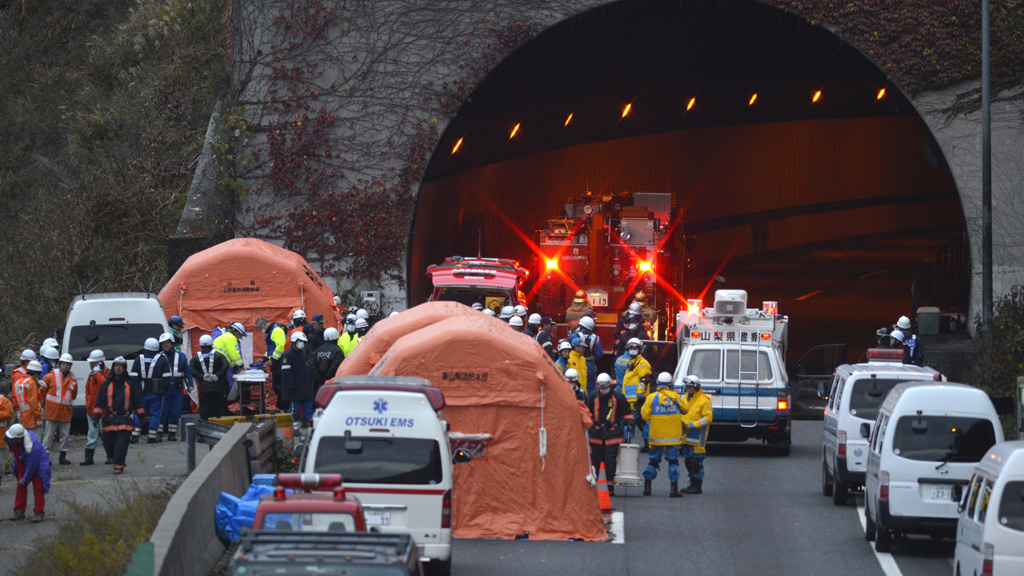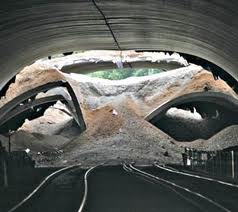An expressway tunnel in central Japan whose ceiling collapsed in December, killing nine, became fully operational Friday after a 68-day hiatus, its operator Central Nippon Expressway Co. said.
The nearly 5-kilometer-long Sasago Tunnel in Yamanashi Prefecture became fully usable again ahead of the previously targeted reopening date later this month as restoration work was hastened ahead of the upcoming long weekend when traffic is expected to increase.
The Ministry of Land, Infrastructure, Transport and Tourism gave its go-ahead on the grounds that all safety issues have been cleared.
Some bereaved relatives of the victims are taking issue, however, with the road operator’s policy to prioritize the tunnel reopening before the cause of the fatal accident has been fully clarified.
The tunnel restarted partial operation on Dec. 29 after tunnel collapse with half of the lanes reopened to traffic.
source: http://enr.construction.com
Tunnel collapse can happen for a number of reasons such as: inadequate ground investigation, shallow ground conditions, inadequate support measures, cost optimization, inexperienced contractors, inadequate supervision, delays of excavation and support erection.


